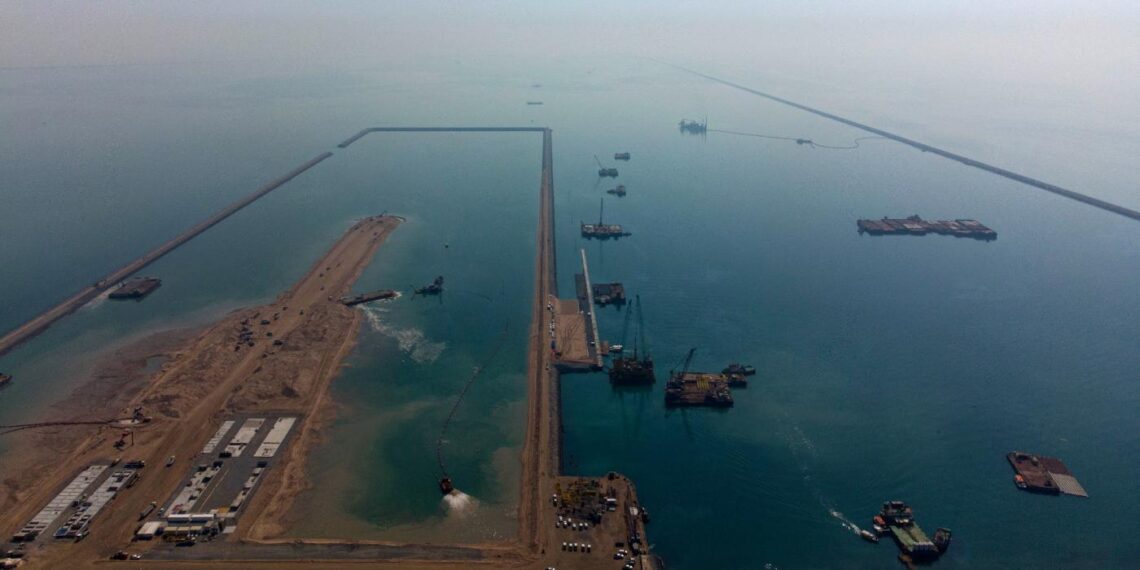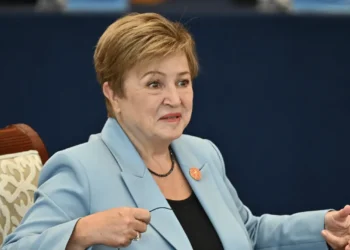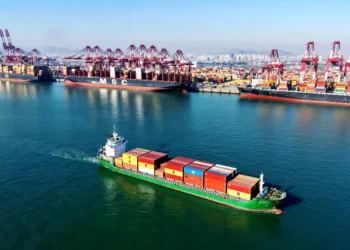BAGHDAD (Realist English). Iraq has launched an ambitious 1,200 km long railway and automobile infrastructure project covering the entire territory of the country. This route will connect Europe with the Middle East and Asia, Middle East Eye reports.
The $17 billion logistics project, dubbed the “Route of Development,” will link the port of Grand Fau in the oil-rich south of the country with the Turkish border in northern Iraq. It can compete with the Egyptian Suez Canal as a transport hub in the region.
Iraqi Prime Minister Mohammed Shia Al-Sudani unveiled the plan during a conference on May 27 with representatives of the transport ministers of Iran, Jordan, Kuwait, Oman, Qatar, Saudi Arabia, Syria and the United Arab Emirates.
“We see this project as a pillar of a sustainable non-oil economy, a link that serves Iraq’s neighbors and the region, and a contribution to economic integration efforts,” Sudani said.
The project will include high-speed trains moving both goods and passengers at up to 300km per hour, and reconstructing the country’s road network.
The existing railway network is a slow rail route for transporting oil and overnight passenger trains from Baghdad to Basra. It takes 12 hours to cover 500 km.
The new route will consist of about 15 stations, including cities such as Basra, Baghdad and Mosul.
The Iraqi parliament’s transport committee said that any country that wished to “will be able to carry out part of the project”, which it said would be completed in “three to five years”.
Iraqi infrastructure has been ravaged by decades of conflict, including the US invasion and subsequent war in 2003, and the fight against the Islamic State group (an organization whose activities are prohibited in the Russian Federation), which seized almost a third of the country before being beaten back by late 2017. It was only by the end of 2017 that it was possible to clear the Iraqi territory of terrorists.
In recent years, Iraqis have seen a reduction in security measures and direct armed confrontations and bombings, but political gridlock and uncertainty has slowed the reconstruction process.


















